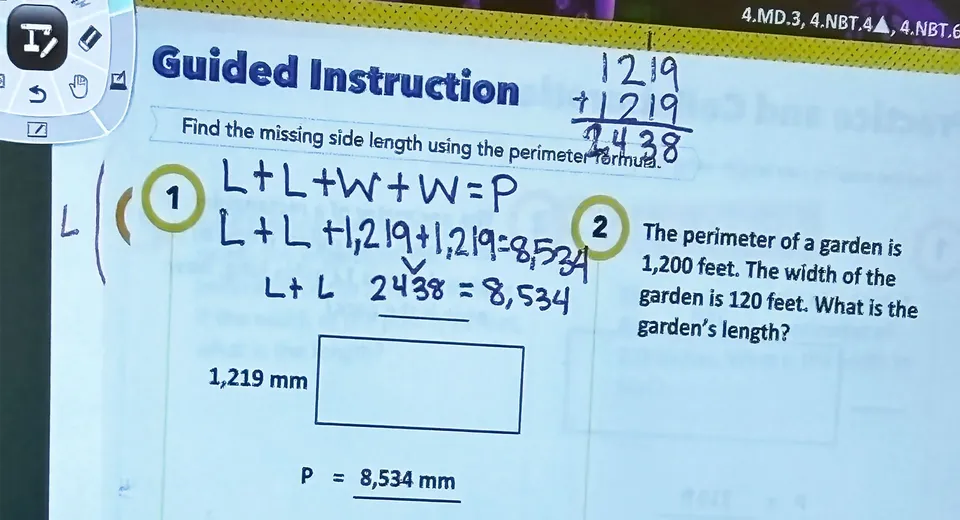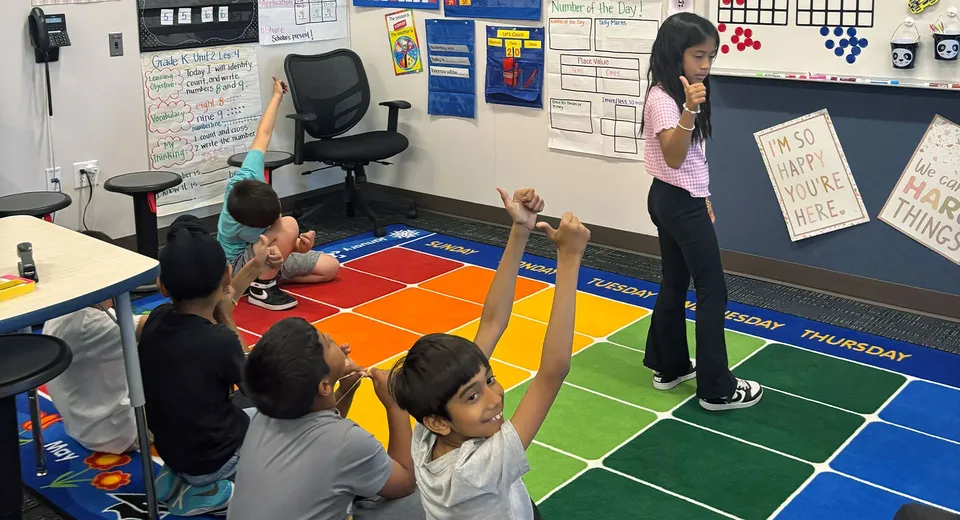
Investigations
Promote critical thinking, risk-taking, and collaborative problem-solving through creative, open-ended activities or games.
Conceptual Lessons
Immerse students in the Big Ideas of mathematics through hands-on activities and visual representations to build an understanding of why math works.

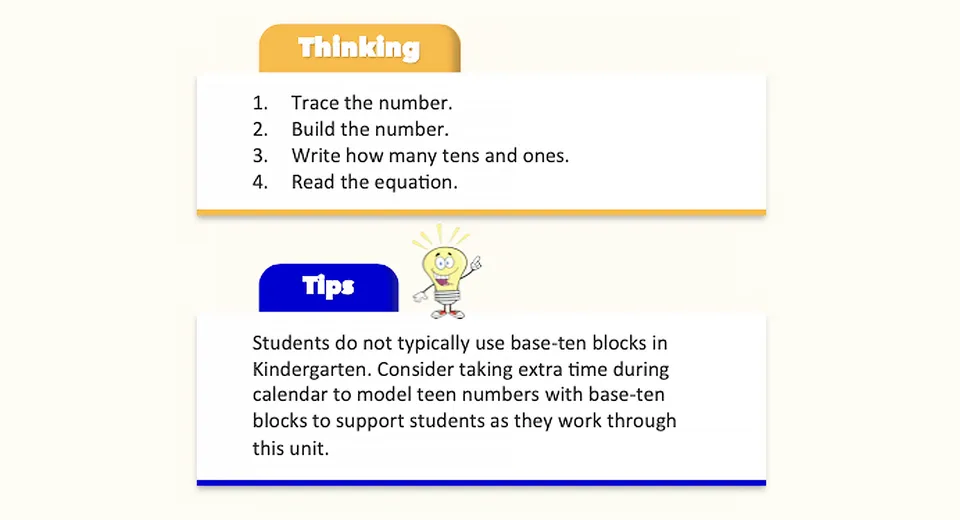
Procedural Lessons
Procedural Lessons allow teachers to support and guide students to extend and apply their conceptual understandings to solve problems accurately and efficiently.
Task Lessons
Balanced mathematics encompasses both conceptual and procedural understanding, offering students the opportunity to apply their knowledge. Task lessons provide students with authentic, relevant problems, fostering motivation and a sense of purpose in their learning. These lessons contextualize mathematics in familiar scenarios, allowing students to apply the revolving conceptual and procedural understanding to rich Tasks.
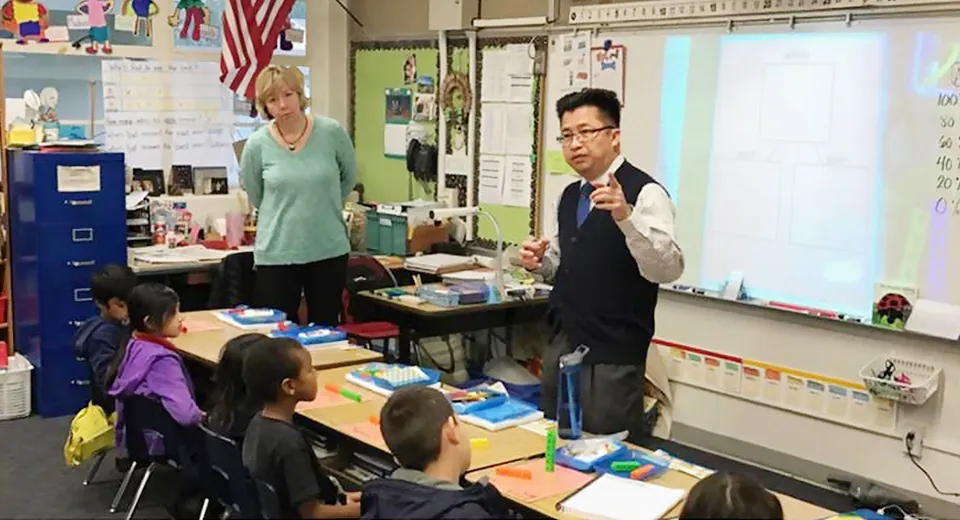
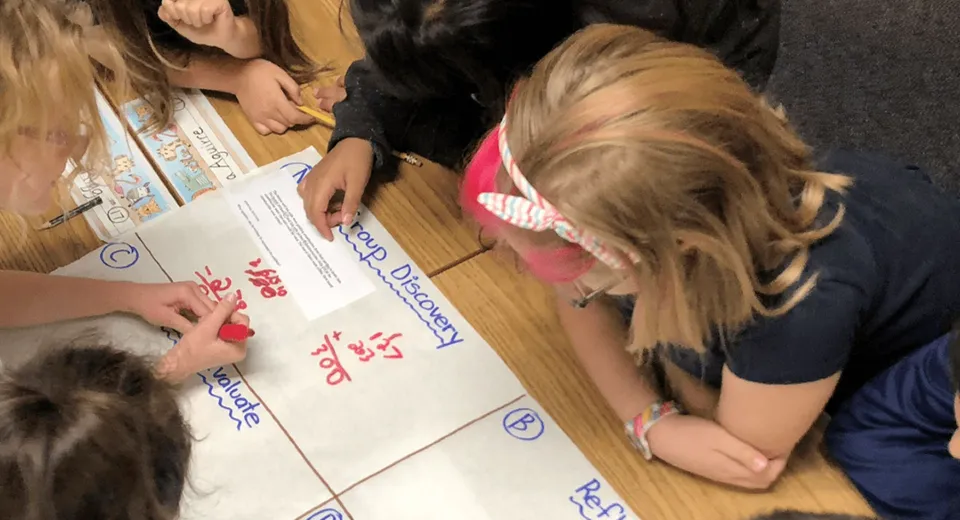
Mixed Review/
Spiral Review
Revisits previously learned concepts daily to reinforce understanding and promote long-term retention.
Additional Activities
Beyond the lessons, Paradigm provides additional activities in each unit that promote engagement through game-based learning, collaboration, critical thinking and application, hands-on learning, real-world connections, development of mathematical fluency, data literacy, and the incorporation of multiple standards.
